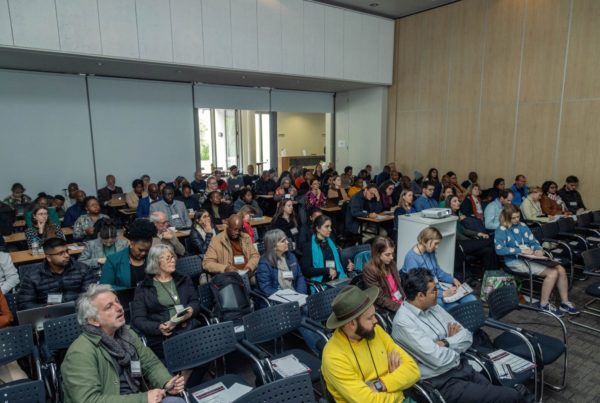DCom Thesis
Candidate: Nathan Okurut
Supervisor: Professor Servaas van der Berg
Institution: Stellenbosch University, Faculty of Economic and Management Sciences, Department of Economics
Abstract:
This study was motivated by the need to determine the key factors that influence credit demand and credit rationing in the informal financial markets so as to contribute to policy formulation to improve access for the poor in Uganda to the broader (formal and informal) financial sector. The results of the study suggest that credit demand in the informal financial sector is positively and significantly influenced by capacity related variables (education level, and household expenditure) at the household level, and the informal lenders’ credit rationing behaviour is also negatively and significantly influenced by household wealth factors (asset values). The same variables have similar effects in the models for credit demand and credit rationing in the broader financial sector. Since households demand credit for both investment and consumption smoothing, improved access to the broader financial sector will enable them to acquire more wealth, and move out of poverty in the long run. The policy options to improve small borrower access to the broader financial sector include provision of incentives to banks to serve the smaller borrowers, development of credit reference bureaus, provision of innovative insurance products to the poor, and broader economic policies that enable households to acquire more wealth. In addition appropriate linkages need to be developed between the formal and informal financial sectors so as to broaden the financial system.






